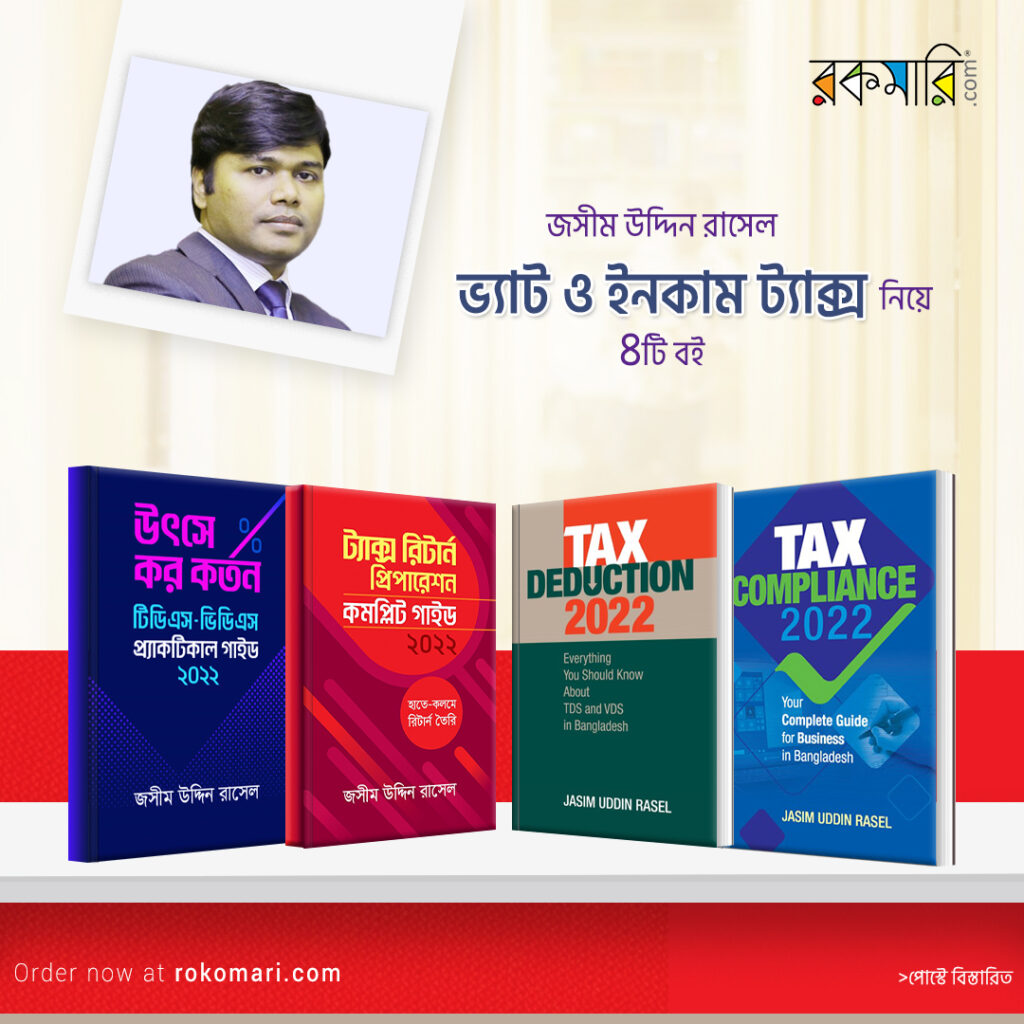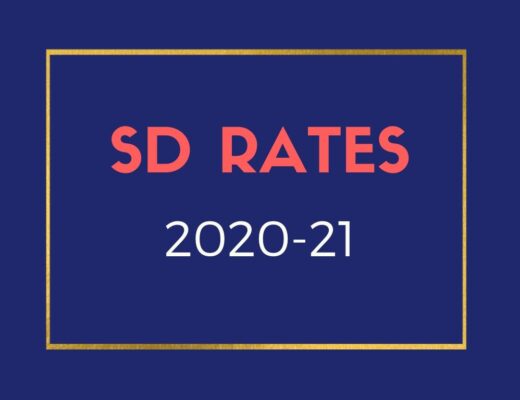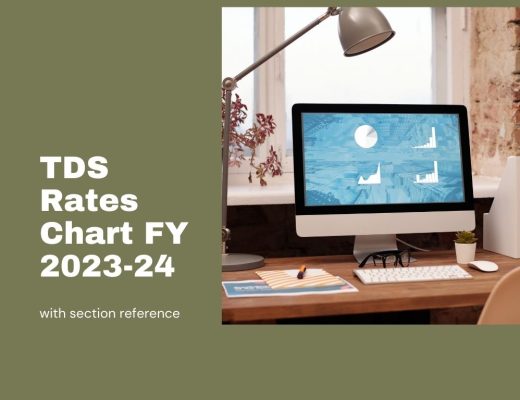Do you know, 03 definitions have been changed by the Finance Act 2019? And these three definitions are most important to calculate corporate tax?
Perquisite, resident and royalty definitions have been changed and these three definitions have impact on company tax calculation. We have online tax course on company tax calculation and return preparation where we have discussed the calculation from a company financial statements.

I have separately explained the changes and how they will impact your company tax calculation.
So, let’s start!
Section 2(45) perquisite
Two amendments have been made in section 2(45) ‘perquisite’ through Finance Act 2019.
a) Incentive bonus will not be considered for perquisite calculation
Up to last assessment year 2018-19, incentive bonus not exceeding 10% of disclosed profit of relevant year has been excluded to calculate perquisite. But now the bar has been omitted and so, the full amount disbursed by employer as incentive bonus shall be excluded.
b) Leave fare assistance will be considered for perquisite calculation
From the definition, leave fare assistance has been omitted. So, this will be included during calculation of perquisite.
When you will read the section 2(45) perquisite, the words ‘not exceeding 10% of disclosed profit of relevant year’ and ‘leave fare assistance’ shall be omitted.
Do you face difficulties during calculation of excess perquisite?
It is easy to calculate the excess perquisite if you follow the following two steps.
In first step, exclude the following seven items, the payments may be made in the form of cash or in any other form.
- Basic salary
- Arrear salary
- Advance salary
- Overtime
- Festival bonus
- Incentive bonus
- Leave encashment
And in the second step, excluded the contribution made by the employer to the following four funds, benefits may be convertible into money or not.
- Recognised provident fund
- Approved pension fund
- Approved gratuity fund
- Approved superannuation fund
And finally, you will get the excess perquisite after deducting all the above items from the payment made to the employee by the employer during the income year.
Please note that the perquisite limit for the assessment year 2019-20 is BDT 550,000 and to any employee who is a person with disability is BDT 2,500,000.
Section 2(55) resident
One amendment and new two clauses have been inserted in section 2(55) ‘resident’ through Finance Act 2019.
Following amendment was made:
Hindu undivided family, firm or other association of persons shall be considered as resident only when the control and management is situated wholly in Bangladesh in that year.
Before that wholly or partly both were considered for resident but in Finance Act 2019 the word ‘partly’ has been omitted.
Following two sub-clauses have been inserted and therefore, the area of resident status has been broadened. The two new clauses are as follows:
- A trust, a fund or an entity, the control and management of whose affairs is situated wholly in Bangladesh in that year; and
- A local authority and every other artificial juridical person;
When you will read the definition of resident then you may divide the definition in following three categories. It will help you to remember the definition easily.
- An individual who requires to fulfil the specified period (182 days+ in a year or 90 days+ in that year and 365 days+ during 04 preceding that year) to be a resident;
- The control and management of a Hindu Undivided Family (HUF), firm or other Association of Persons (AOP), a Bangladeshi company or any other company, a trust, a fund or an entity is wholly situated in Bangladesh in that year; and
- A local authority and every other artificial juridical person.
Section 2(56) royalty
Two new explanations have been inserted by the Finance Act 2019 which will clarify the definition more easily:
Explanation 1: The possession or control, directly use and the location are not necessary to consider in respect of payment for any right, property or information.
Explanation 2: For removal of doubts, process shall include transmission of satellite, cable, optical fibre or by any other similar technology and it shall not be considered that whether or not such process is secret.
You know the definition of ‘royalty’ is long and difficult to remember but it will be easy if you divide the definition into two steps.
In first step, consider whether you are transferring all or any rights including granting a license, imparting any information or using the activities as mentioned in the definition.
So, what are the activities?
In second step, you have to consider the following activities:
- Patent, invention, model, design, secret process or formula, or trade mark or similar property;
- Technical, industrial, commercial, or scientific knowledge, experience or skill;
- Copyright, literary, artistic or scientific work, including films or video tapes for use in connection with television or tapes for use in connection with radio broadcasting but not including consideration for sale, distribution or exhibition of cinematograph films;
- Rendering any services in connection with any above-mentioned activities.
When the above conditions are met then you will confirm that it is under royalty.







No Comments